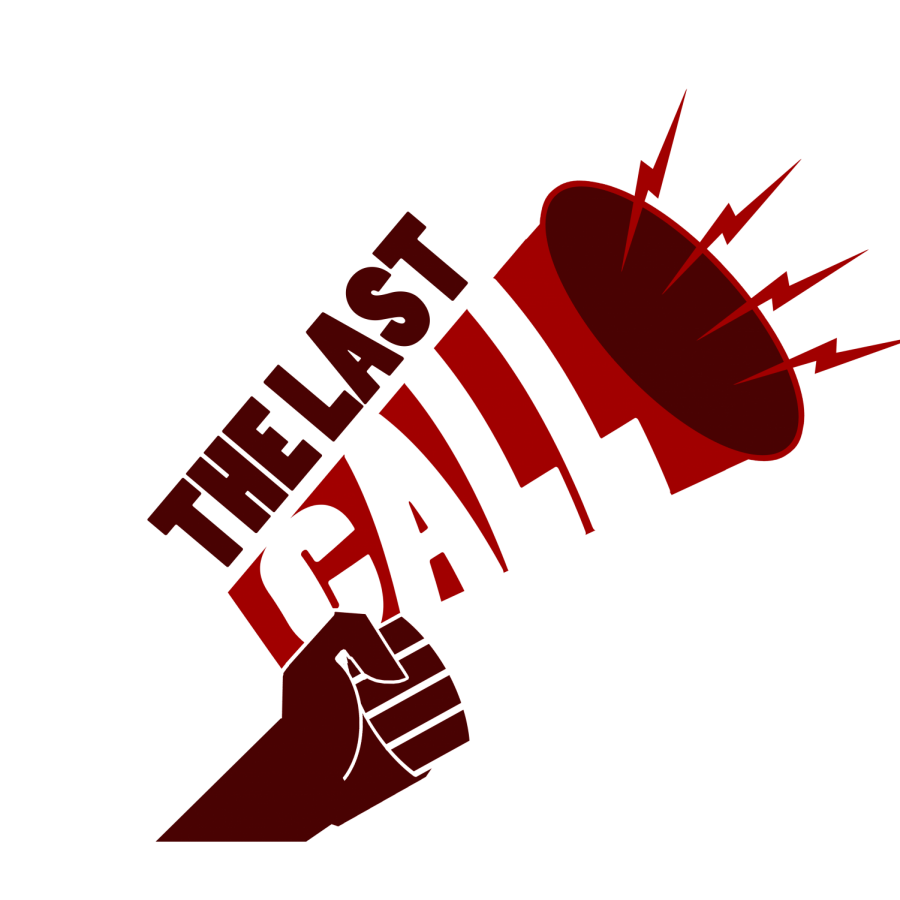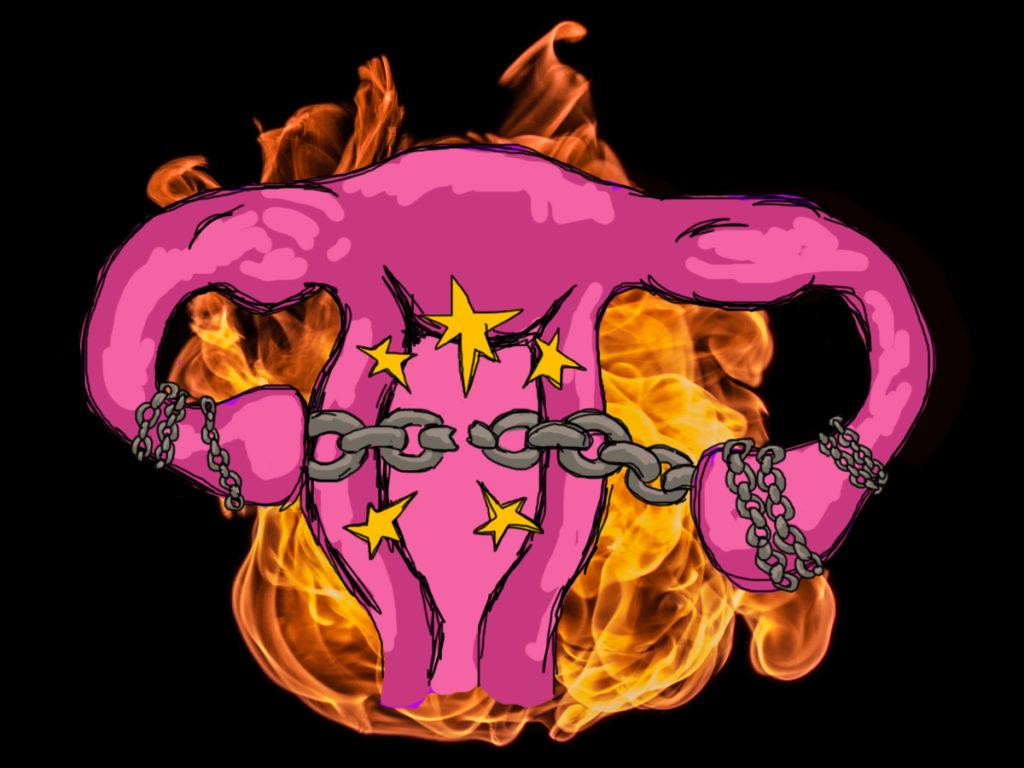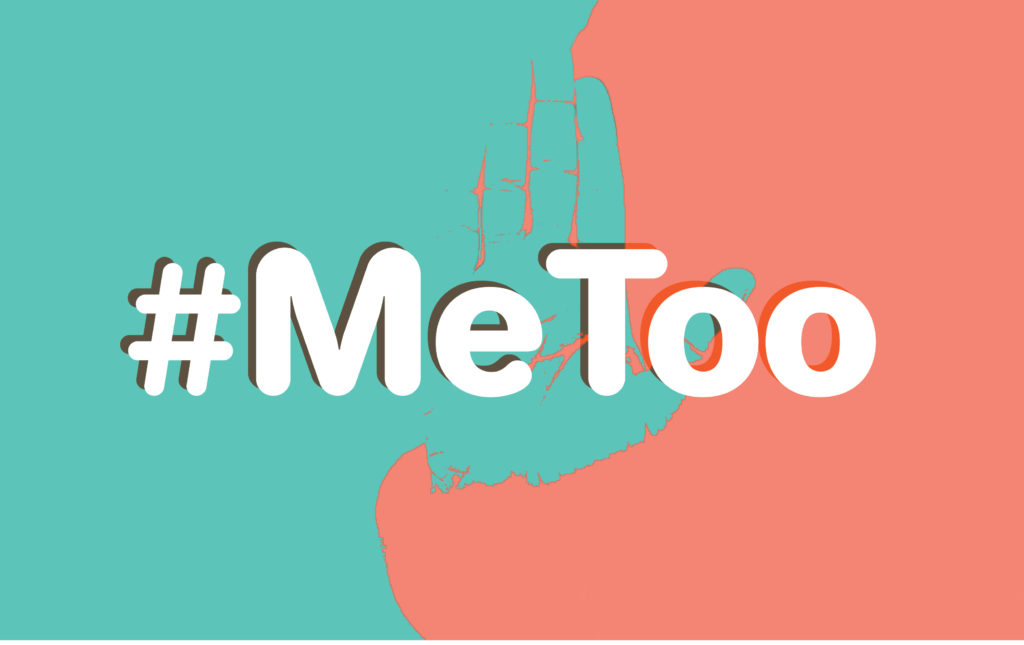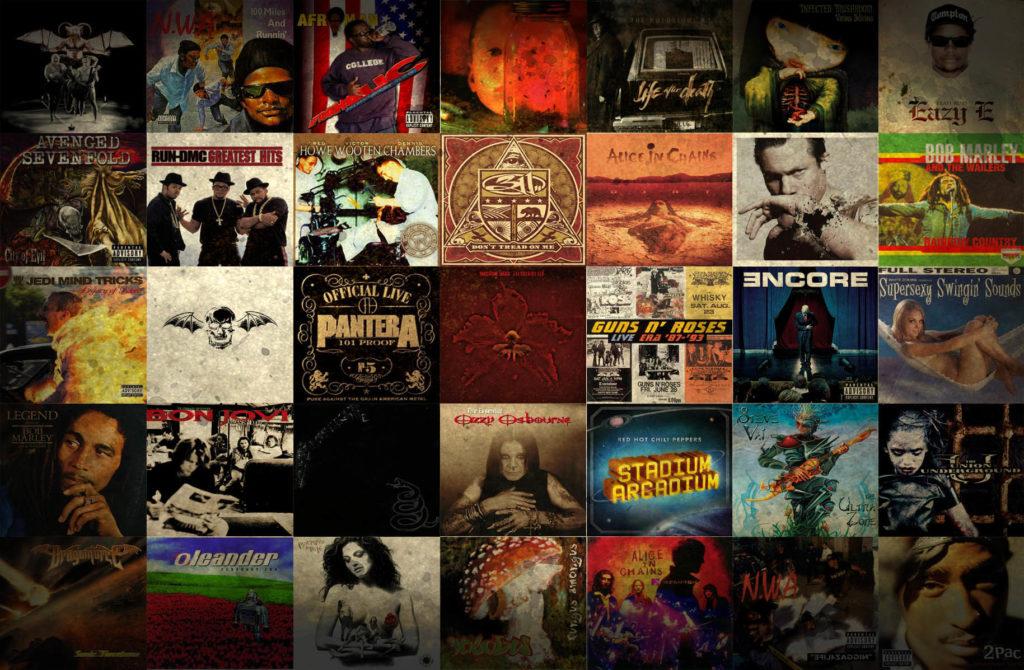With any shared environment and a population as large as Macalester, you are bound to end up with a few inside jokes, traditions, rituals and perspectives. For example, when I’m in Café Mac, I love being able to recognize that someone probably has a ziplock bag or Tupperware in their sweater when I see a suspiciously overflowing plate of “salad” that consists of only plain carrots and cherry tomatoes.
I usually find these shared experiences amusing, but one attempt at this kind of camaraderie has been grating on my nerves lately, both personally and as an advocate. I have been becoming more unnerved by a common enough tendency to make fun of Macalester “buzzwords” like intersectionality, colonialism, oppression, microaggression, heteronormativity, hegemony, privilege, social constructs, multiculturalism and so on and so forth. (We should already find it suspicious that these so-called buzzwords are predominately American Studies and WGSS-leaning, but more on that later.) While I can take a joke as much as the next person, I see a huge problem when the tone of these quips moves from critical of the way we throw around these words to dismissing them as just pointless jargon.
I will be the first to admit that the vocabulary and theory from these fields can appear unapproachable. I spent an entire course exploring subalternity last spring and only by constantly reexamining it can I understand the depth and complexity of the term. The difficulty of these concepts, however, should not give us a free pass to not engage. Through studying feminist and queer theory, I realized that there were words for the experiences I had growing up, a common sort of revelation for many of my friends studying similar topics. I quickly delved into theory, learning a wealth of the terminology that fundamentally guides my advocacy.
One major discovery that has shaped my concept of sex positivity is cultural hegemony. Hegemony is one of the go-to words that critics like to dismiss, but the concept deserves some serious consideration. Developed by Marxist philosopher Antonio Gramschi to describe the working class perspective, cultural hegemony refers to the systems and procedures by which culture is dictated by those with power in order for them to maintain their status. The status quo is formed by dominant groups who enforce their view of the world as the only, right way of living. By doing this, anyone outside this strict norm is forced to the margin of the narrative without ever truly escaping the restraints of dominant culture. It’s important to recognize that dominant here does not necessarily mean majority: you can have powerful entities that make up the minority population-wise. One percent-ers, I’m looking at you.
(Forgive me if I butcher this explanation as it’s strongly fixed in examples given in WGSS Professor Sonita Sarker’s courses, but…) An image that has helped me conceptualize hegemony is an amoeba. Dominant groups form the limits of what is and is not the amoeba, but the edges are not stagnant, nor are they clear-cut straight fences. This dominant discourse acknowledges and absorbs some marginalized bodies, experiences and expressions of culture. The marginal groups still remain somewhat distinct once eaten, but they exist in opposition to and are deeply affected/defined by the dominant culture all around it.
Hegemony plays a huge role in how I understand marginalized and/or minoritized experiences for this column. Within sex positive concerns, I imagine hegemonic structures most pressingly when I speak of queerness. While children can be born to any kind of parent and situation, unless drastic measures are taken, they will be raised in an overwhelmingly cisgendered and heterosexual (cishet) world. Cishet children and adults’ identities are affirmed by media, legal documents, population majority, history and other depictions of assumed cis-ness and heterosexuality. The phenomenon of privileging cishet experience and not acknowledging the possibility of queerness is known as heteronormativity.
With a hegemonic lens, the analysis goes further because we can see how queer people live in the cishet cultural amoeba as both participants of the system and marginalized Others. The shape of this engagement with the dominant depends on the individual, as illustrated with the topic of same-sex marriage, a conversation steeped with the exciting complexities of the queerness and hegemony. Marriage can be seen as buying into the dominant system, what with the real problems of monogamy sold as the only kind of meaningful relationship, the institutionalization of some (but not all) partnerships in the law, and the expensive ritual of a wedding. At the same time, people want to get married, and not having access to the benefits awarded to (usually) cishet couples is a mark of the marginalization. Critics of marriage (myself included) have gotten it wrong when they limit concerns about marriage to just middle- and upperclass or to white individuals. There are plenty of working class queer people of color (who represent other marginalized groups) who want to marry. Even if they “subscribe” to the dominant in some ways, that does not negate the experiences of queerness; it just adds another layer of nuance to understand the diverse richness within both marginalized and dominant positions.
And that is really what I am looking for when I explicitly or implicitly invoke hegemony or any one of the Macalester “buzzwords”: that nuance. Through these concepts, I hope I have constructed an ideology of sex positivity that is both subtle and expansive in its reach. As such, I find it incredibly disappointing that concepts that have so influenced me and my advocacy are treated like a joke or filler words.
But you know, I cannot say that I am too surprised. These “buzzwords” describe the experiences of marginalization, empowerment and struggle in ways that can be shocking to those who only think through the dominant discourse. Is hegemony any more abstract and strange than words like sovereignty, externalities or amphiboly? As I pointed out earlier, the departments in which you are most likely to hear these “buzzwords” are American Studies and WGSS which, when compared to the traditional fields like the sciences or philosophy or history, are new pedagogies in academia. I would say I’m sorry my disciplines do not have the centuries of intellectual elitism, history and oppression to establish my jargon, my fundamental concepts as canon, but I’m not. I am excited to be part of disciplines that are growing, changing and adapting to describe more and more of the world, and I invite y’all every week to see how I engage theory and concepts that should be taken more seriously on campus.


















